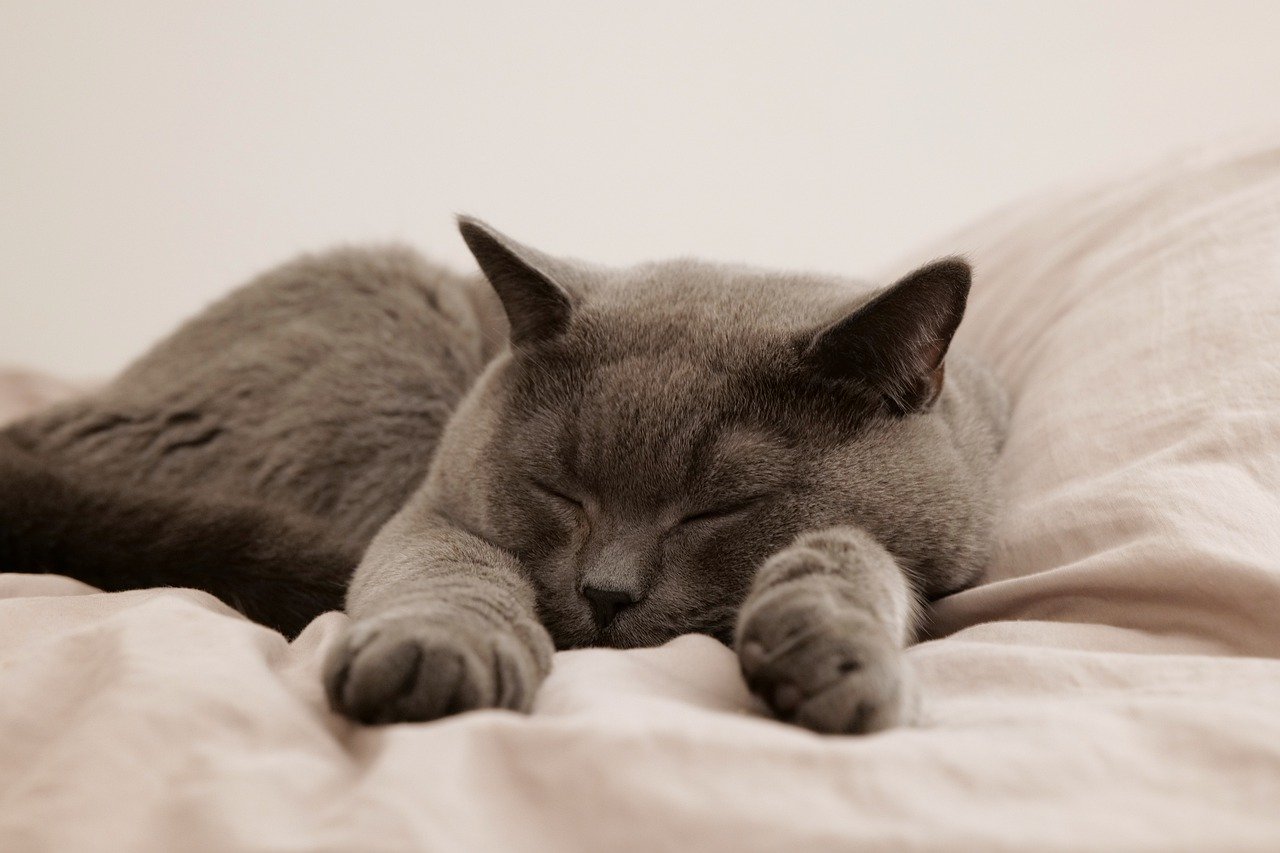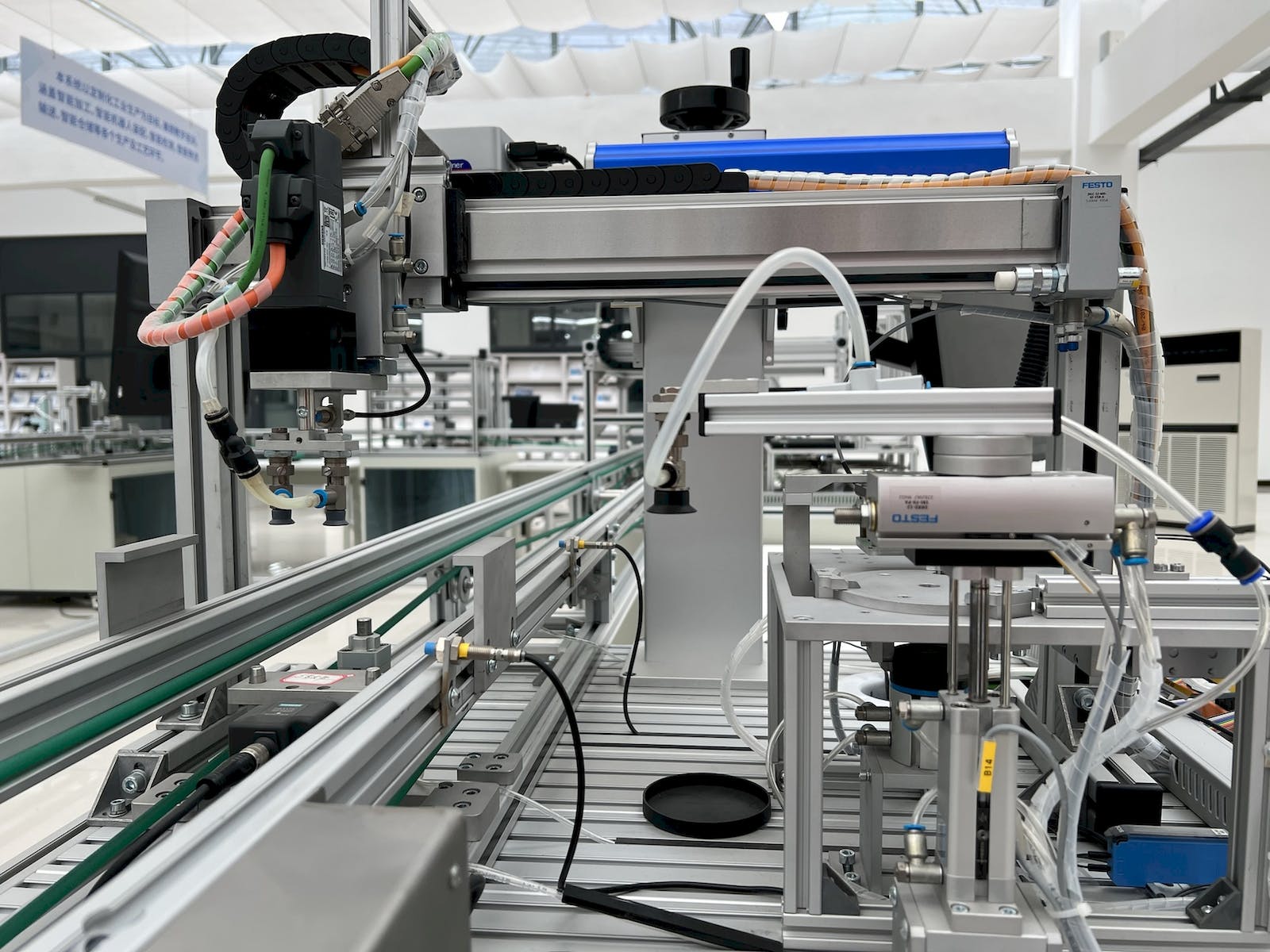
The Pros and Cons of Self-cleaning Litter Box
Discover the Advantages and Disadvantages
Self-cleaning litter boxes are a modern solution for cat owners who want to automate the litter cleaning process. These innovative devices offer convenience and potentially improve hygiene. However, there are both advantages and disadvantages to consider before investing in one.
In this article, we'll explore the pros and cons of self-cleaning litter boxes to help you make an informed decision about whether this technology is the right choice for you and your feline companion.
Pros
Considering a self-cleaning litter box for your cat? Here are some compelling reasons to make the switch:
Missing a pro?
Cons
While self-cleaning litter boxes offer convenience, there are also some drawbacks that users should be aware of:
Missing a con?
Conclusion
In conclusion, the adoption of a self-cleaning litter box involves a trade-off between convenience and potential limitations. While these devices offer time-saving benefits and improved hygiene, they also come with initial expenses, maintenance requirements, and possible adjustments for feline users. By weighing the pros and cons, pet owners can determine whether a self-cleaning litter box aligns with their preferences and the needs of their cats.
What do you think?
Do you think the pros outweigh the cons?









